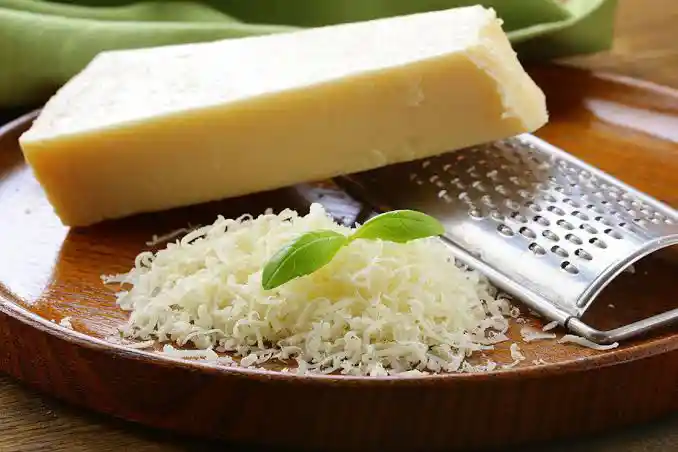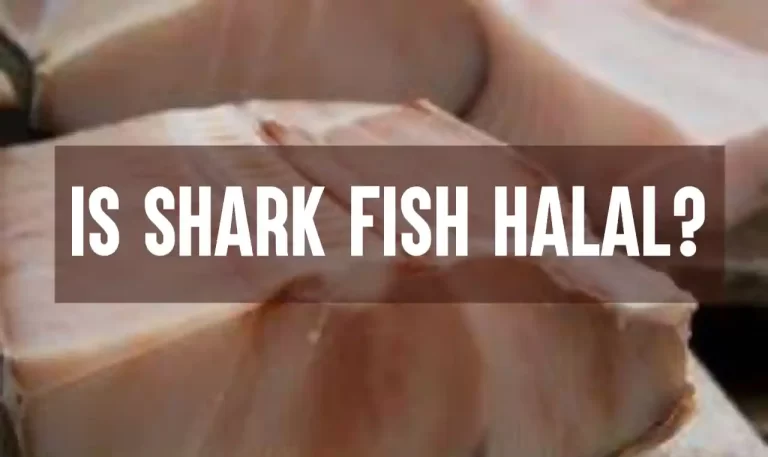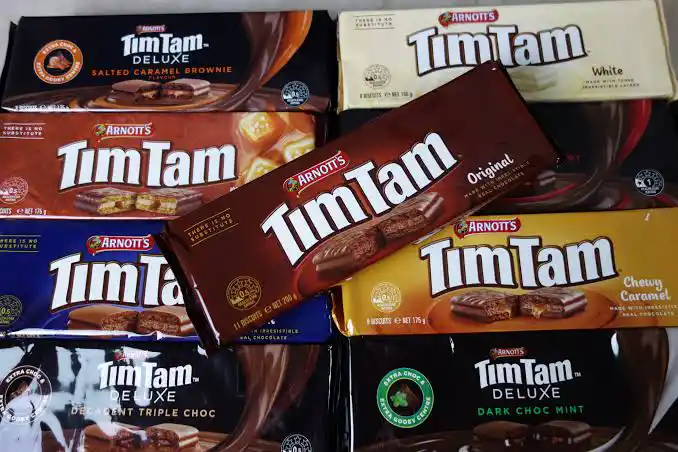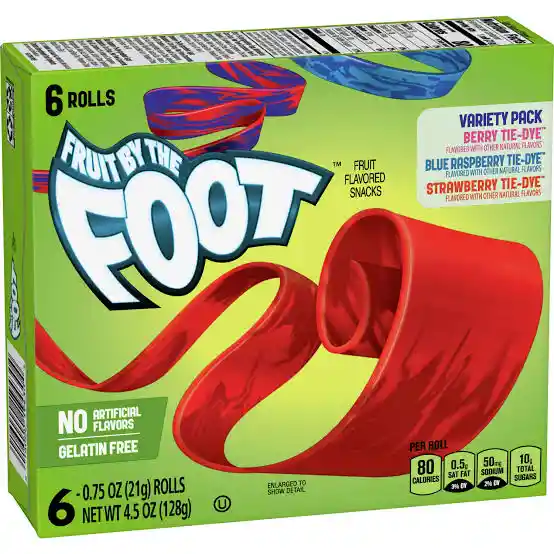Is Parmesan Cheese Halal? (Quick Guide)
Parmesan cheese is a type of hard, aged cheese that is typically made from cow’s milk. It is widely used in Italian and Mediterranean cuisine, and is known for its sharp, salty flavor.
Advertisements
Is Parmesan cheese halal? As with any food product, the question of whether or not it is halal (permissible according to Islamic law) is an important one for Muslims to consider.
Is Parmesan Cheese Halal?
Yes, parmesan cheese is halal if the ingredients used in the making of cheese are halal. Parmesan cheese can be halal, as many companies have now switched from animal rennet to a more animal-friendly option, plant-based or microbial rennet.
Parmesan cheese will be haram or halal based on what ingredients are used to make it. Generally, different ingredients which are used in making Parmesan cheese are derived from plants and animals.
So, if the ingredients are derived from halal animals and in the halal way (Islamic slaughtering) then it will be allowed to consume such cheese otherwise it will be deemed as haram.
Advertisements
Some Parmesan cheese products may contain other ingredients that are not considered halal, such as rennet, which is an enzyme used to coagulate the milk during the cheese-making process.
Rennet can be derived from the stomach lining of a calf, which may not be halal for Muslims to consume.
Islamic schools of thought differ in their understanding of rennet (which is used to make parmesan cheese) and its permissibility.
If the cheese is made from the milk of an animal which we are not permitted to eat, then according to scholarly consensus it is not permissible to eat it.
If it is made from the milk of an animal which we are permitted to eat, and it is known that it is made with rennet that has been derived from an animal slaughtered according to sharee’ah and it has not been mixed with any najaasah (impurity), then it may be eaten.
Advertisements
If it was made with rennet derived from dead meat, there is a difference of scholarly opinion as to whether we may eat it, but the most correct view is that it is haraam.
If it was made with rennet from a source which is inherently naajis (impure), such as rennet derived from pigs, then it should not be eaten.
Read also: Is Cheddar Cheese Halal or Haram?
Advertisements
In many cases these matters are unclear to the Muslim (he does not know the source of food ingredients).
In this case, it is better to fear Allah and be cautious. Avoiding doubtful things may be preferable to using them in these circumstances, as stated in the hadeeth narrated by al-Nu’maan ibn Basheer (may Allaah be pleased with him) who said:
I heard the Messenger of Allaah (peace and blessings of Allaah be upon him) say – and al-Nu’maan pointed to his ears – “That which is lawful is plain and that which is unlawful is plain, and between the two of them there are doubtful matters about which not many people know.
Thus he who avoids doubtful matters clears himself in regard to his religion and his honour, but he who falls into doubtful matters falls into that which is unlawful, like the shepherd who pastures around a sanctuary, all but grazing therein.”
Narrated by Muslim, 1599

Can Parmesan Cheese Be Made Without Rennet?
Parmesan cheese without rennet is hard to find. Most hard cheeses are made with rennet – plant or animal-based – to achieve a thicker texture.
IslamQA stated that if the rennet is taken from an animal that has been slaughtered according to Shari`ah, then it is pure and can be eaten.
If the rennet is taken from an animal that dies naturally, or that was not slaughtered in accordance with Shari`ah, it is impure and should not be eaten.
This is according to the Hanafis, Maalikis, Shaafa’is and Hanbalis. They base this ruling on the aayah (interpretation of the meaning):
“Forbidden to you for food) are: al-maytatah (dead animals – cattle-beast not slaughtered)”
Surah al-Maidah :3
The rennet becomes impure by virtue of the animal’s death, and it is not possible to remove that impurity from it.
Imam al-Nawawi said in al-Majmu’ (9/68):
“The ummah has agreed that it is permissible to eat cheese so long as it is not mixed with anything impure, such as adding rennet from a source that is not halal because it was not slaughtered according to shari’ah. This ijma’ (scholarly consensus) is the evidence for its permissibility.”
According to Imam Abu Hanifa, the rennet of a dead animal is pure just like an egg. Imam Abu Hanifa (also said: The milk of the dead animal and its rennet are pure, and the ruling of death does not apply.
Therefore, in Hanafi, if the rennet is extracted from lawful animals it is lawful to consume, regardless if it is slaughtered in accordance to Shariah or not.
Is Kraft Parmesan Cheese Halal?
Yes. Kraft Parmesan Cheese uses microbial rennet for coagulation and is vegetarian-friendly. Make sure to check the label before buying anyway.

Halal Parmesan Cheese
If you buy Parmesan cheese in a store, it’s probably made with animal rennet.
However, there are many brands today that have “rebelled” against the traditional Italian manufacturing process.
Instead of animal rennet, they began to use microbial rennet or plant-based rennet. Microbial rennet is derived from beneficial bacteria, mould, and fungi.
Plant-based rennet is derived from plants such as artichoke, cardoon thistle, and fig leaves. This rennet is vegetarian and halal-friendly.
Some parmesan cheese producers use vegetable rennet or microbial rennet, which would make the cheese halal.
However, it can be difficult for consumers to know for sure whether the rennet used in a particular brand of parmesan is derived from a halal source.
Check out the supply of kosher Parmesan cheese. Jewish religious laws do not permit the consumption of milk and meat at the same time. Therefore, if the product is labeled Kosher, it won’t contain animal rennet.
In the UK, all cheese products with plant-based or microbial rennet are marked with a “V,” which stands for vegetarian-friendly and it is halal.
Here are some halal and vegan-friendly brands to try:
Violife Vegan Parmesan
This brand makes completely vegan and vegetarian cheese out of coconut oil and vitamin B12. It is halal and contains no soy, dairy, or lactose.
Parma Vegan Parmesan Cheese
This vegan Parmesan cheese tastes similar to real Parmesan and is also less expensive.
GO Veggie Vegan Parmesan Cheese
Animal-rennet and dairy-free, gluten-free, and non-GMO customers liken the taste to traditional Parmesan cheese.
Follow Your Heart Dairy-Free Parmesan (Grated)
This Parmesan substitute is made with organic palm fruit, sea salt, and nutritional yeast, among other ingredients.
Final Words
In order to ensure that parmesan cheese is halal, it is important to carefully check the ingredient list used to make the cheese.
Some cheddar cheese products are specifically labeled as halal, vegan, or vegetarian or use plant-based rennet, which would make them suitable for consumption by Muslims.
Advertisements







